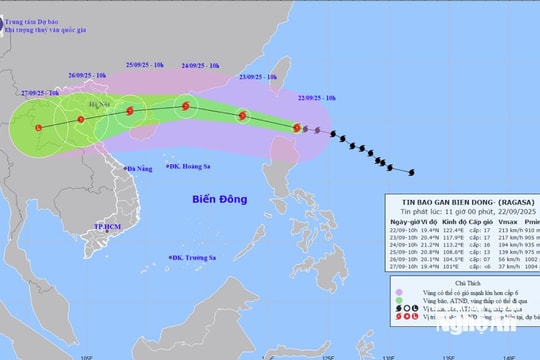From the Party's request to the Prime Minister's new model
One year after its establishment, as of August 19 this year, the Prime Minister's Working Group has conducted 32 inspections.
On August 1, 2016, in the first meeting held just a few days after the new Government was introduced to the people, Prime Minister Nguyen Xuan Phuc made directive statements that set the direction for the entire term.
In it, he noted: “We have fired too many shots into the air, hitting no one. Now we must fire at an address. We cannot just say it and it is done. We must establish a working group to monitor the implementation of the conclusions of the Prime Minister and Deputy Prime Ministers.”
On August 19, 2016, the Head of Government signed a decision to establish a Working Group of the Prime Minister to monitor, urge, and inspect the implementation of tasks, conclusions, and directions of the Government and the Prime Minister assigned to ministries, agencies, and localities.
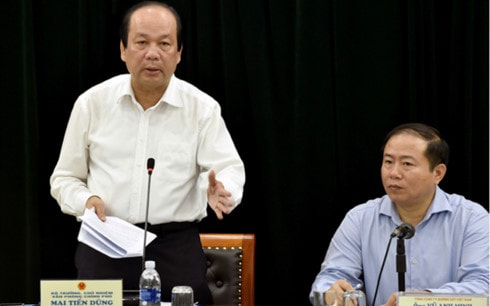 |
| The Prime Minister's working group inspected Vietnam Railway Corporation on August 14, 2017. (Photo: VGP) |
With Minister and Head of the Government Office Mai Tien Dung as Head, the Working Group operates under the direct direction of the Prime Minister and is responsible to the Prime Minister for the performance of assigned tasks.
In fact, before the Working Group was established, the Government Office had made many efforts to help the Government and the Prime Minister ensure the implementation of administrative discipline and order. This included advising the Prime Minister to promulgate the Regulations on monitoring, urging, and inspecting the implementation of tasks assigned by the Government and the Prime Minister and the use of the Monitoring Database Management System. This system is an extremely effective tool to monitor the implementation of tasks assigned by the Government and the Prime Minister, as all tasks are always updated on the progress of implementation.
Previously, at the 12th Party Congress, one of the limitations and weaknesses pointed out was that "discipline in state management and public service implementation is still weak", "the effectiveness and efficiency of state management is not high; discipline and order are not strict". Along with that, "the organization and operation of local governments are slow to innovate; effectiveness and efficiency in many places are not high. The accountability of government levels has not been clearly defined".
The Congress requires that in the next 5 years, it is necessary to “improve the effectiveness, efficiency, discipline, order, publicity and transparency in economic management and the State’s management capacity”. More specifically, “promote the improvement of laws associated with the organization of law enforcement to improve the effectiveness and efficiency of the socialist rule-of-law State”. “Promote the implementation of the overall program of state administrative reform towards building a democratic, modern, professional, dynamic administration that serves the people and operates effectively and efficiently.
Perfecting democratic and rule-of-law administrative institutions, regulating responsibilities and accountability mechanisms of state agencies; drastically reducing and abolishing administrative procedures that cause inconvenience to people and businesses. Promoting public ethics and social responsibility, tightening discipline and order in the direction and implementation of public duties by officials and civil servants; accelerating the application of e-government.
On the other hand, implementing the socio-economic tasks set out in the Resolution of the 12th National Congress, the new Government term is facing great demands and expectations from society, facing a series of pressing issues that need to be resolved. The requirement to inspect and urge so that the tasks are implemented "thoroughly" has become more urgent than ever.
Urgent demands of practice
Discipline and order are also issues of great concern to the people and businesses. Chairman of the Japan Business Association in Vietnam, Mr. Hiroshi Karashima, said that Japanese businesses are still facing many problems in implementing and applying the law in Vietnam. Especially in cases where procedures involve many ministerial agencies, sometimes the coordination and exchange between ministries is not complete, leading to different explanations, causing the procedures to stall. In addition, there are also cases of "passing the buck".
Therefore, this agency recommends the establishment of a new organization between ministries and branches, with the authority to thoroughly resolve arising problems in procedures and policies. At the same time, the Government Office participates in coordinating management between ministries to enhance the capacity to handle problems.
According to Dr. Vu Viet Ngoan, Head of the Prime Minister's Economic Advisory Group, strongly reforming the implementation organization to realize the results of the Government's direction and administration is the decisive factor. Innovating the operating method, accordingly, the administrative apparatus, which is currently being moved by the Prime Minister's "pull", now needs to move more strongly by social push.
“Without effective solutions to realize the Government's direction and administration, creating movement in the entire administrative apparatus, the main economic goals of the 12th Congress will not be achieved,” said Dr. Vu Viet Ngoan.
Agreeing on the role of implementation, Associate Professor Dr. Tran Ngoc Anh (Indiana University, USA) recently also suggested building a table to monitor the implementation of tasks of ministries, branches, and localities, as a tool to "weigh, measure, and count" the implementation of policies and direction of the Government and Prime Minister.
“Since the Working Group was established, we have determined that this is not an easy job. To achieve the expectations of the Prime Minister and the expectations of the people, it is inevitable that there will be conflicts. Inspection work requires frankness, objectivity and honesty; as the Head of the Working Group, I cannot avoid pressure, but with the spirit of working for the common good, I am not afraid of conflicts, I do not avoid them,” Minister and Head of the Government Office Mai Tien Dung shared about the duties of the Head of the Working Group.
Up to now, the activities of the Working Group have achieved very important results. One year after its establishment, up to August 19 this year, the Prime Minister's Working Group has conducted 32 inspections, with the first one at the Ministry of Planning and Investment, and the most recent inspection at 3 General Corporations in the aviation industry.
With the spirit of impartiality, objectivity, fearlessness of collision, openness and transparency, the activities of the Prime Minister's Working Group have had a strong impact, helping to significantly reduce the rate of overdue tasks from 25% at the end of 2015 to 3.2% by July 2017.
From the beginning of the year to July 31, the Government and the Prime Minister have assigned 13,137 tasks to ministries, agencies and localities. To date, ministries, agencies and localities have completed 7,044 tasks. There are 6,093 unfinished tasks, of which 5,856 are within the deadline and only 237 are overdue.
According to the Head of the Working Group, Mai Tien Dung, “If only one locomotive pulls the entire train, it will not be able to move, so the propulsion force must be used, and the train cars must also have engines to pull, which means the movement of the entire system is required. The Working Group aims to ensure that cadres and civil servants in the entire administrative system must truly move”./.
According to VOV

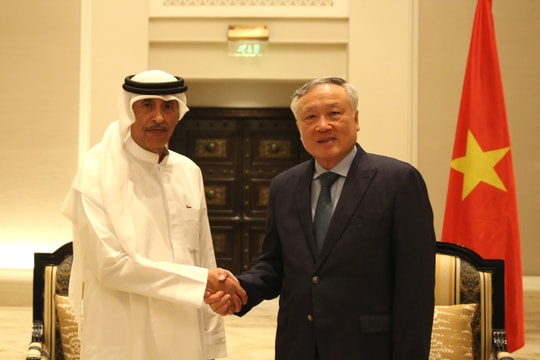
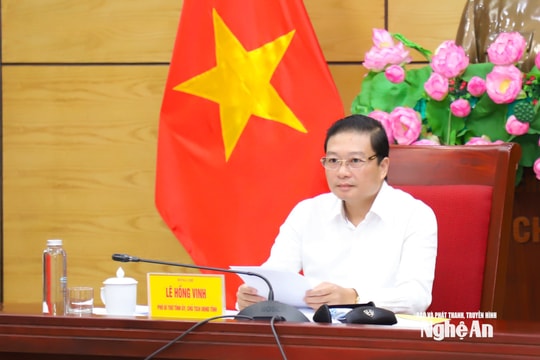

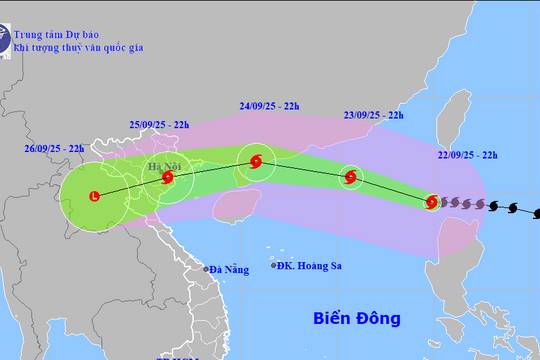
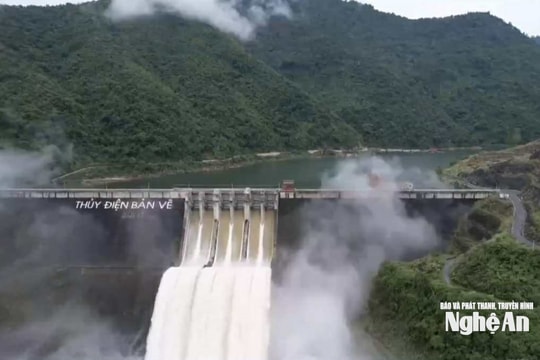
.jpg)
